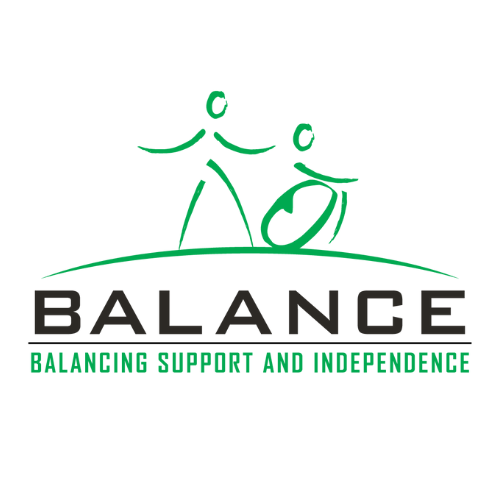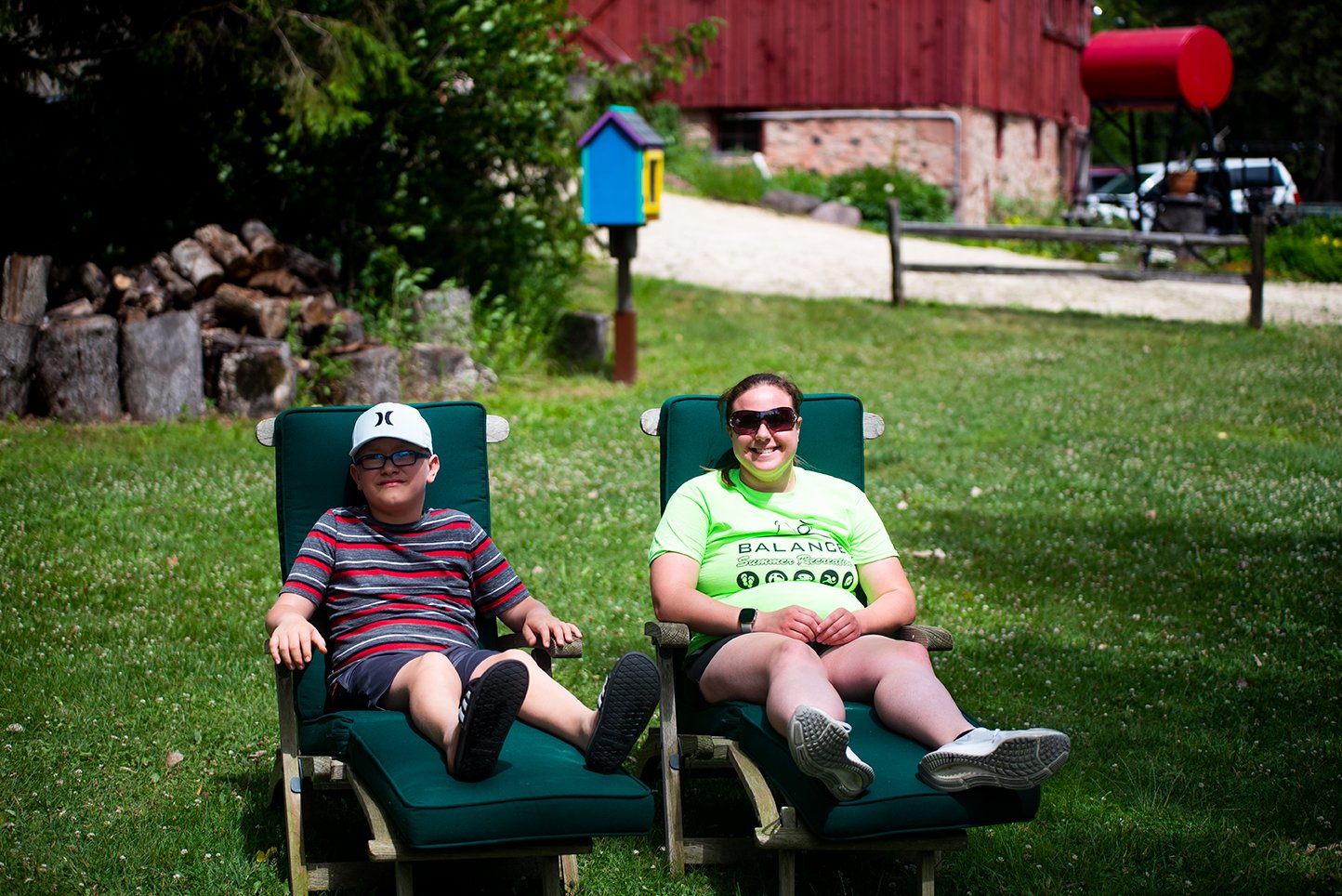Direct Support Professional, Emily, celebrates eight years with Balance
“Getting to see participants’ faces light up when we go somewhere special or do something new, that is the best part of this job and why I come back every day,” says Emily. “We also get to show people a side of this population that they don’t always expect, and that is very rewarding,”
Emily had experience as a teacher's aide for the special-ed gym class at Grafton High School and had participated in 4H for many years before attending college. She decided to pursue a degree in Therapeutic Recreation to combine her interests.
“This is so much more than just a job. This is somebody’s life you are changing.”
During orientation at UWL, Emily had the chance to sit down with a professor from the Therapeutic Recreation program and that sealed the deal. On summer breaks Emily would come home to Grafton and volunteer with Balance’s Children’s Summer Rec program which provides a summer camp experience for kids ages 5-15 with intellectual and developmental disabilities.
With her degree in hand and having volunteered for Children’s Summer Rec, Emily returned to Grafton and applied to be a Direct Support Professional (DSP) at Balance. Management almost didn’t hire Emily though because they thought she was overqualified for the position and they were worried that she might not stay long.
Eight years later, Emily is still at Balance and loves working with many of the same people she knew as a student and as a teacher’s aide at Grafton High School.
“This is so much more than just a job,” Emily says. “This is somebody’s life you are changing.”
To be a great DSP Emily says people need to have an innate sense of compassion, good problem-solving abilities, and an abundance of patience.
Emily says that you can teach people how to do a job but you can’t teach people how to ask for help or how to care and without a true desire to help, to make somebody else’s life better, this might not be the right job for them.
Learning from other DSPs is the key to success here, says Emily. “Some of us have known the participants for years, so asking us questions is the best way to get answers, especially when getting to know participants who are nonverbal or have more difficult behaviors.”
“We (veteran DSPs) are always available and happy to answer questions and help out,” says Emily.
The DSPs quickly become your friends, your family even. “We look out for each other and always have each other’s backs,” says Emily.
Absent-mindedly Emily gently pats the foot of the participant she is working with who is in a wheelchair and looks around the room at the few people who aren’t out on community outings.
“Really, the best part about this job is seeing them get to go out on special outings,” says Emily. “You get to be the reason that they are able to go certain places and try new things. You also get to show the community that these people are valuable. Many people think that people in this population will never amount to anything, but that is so far from being true.”
“I’d love to be able to bring them to experience even more things, like a Chicago day trip, I would love to make that happen,” says Emily who never ceases to have ideas about where to bring participants or what they might like to try.
“Imagine this is you, would you want to just sit around?” says Emily.
Emily and two of Balance’s Children’s programs participants.
Emily demonstrating to Dexter how to blow paint to look like rain during art class.
Emily hanging out with Sayner at Blue Lotus Center during Balance’s Children’s Summer Rec. program in 2022.



